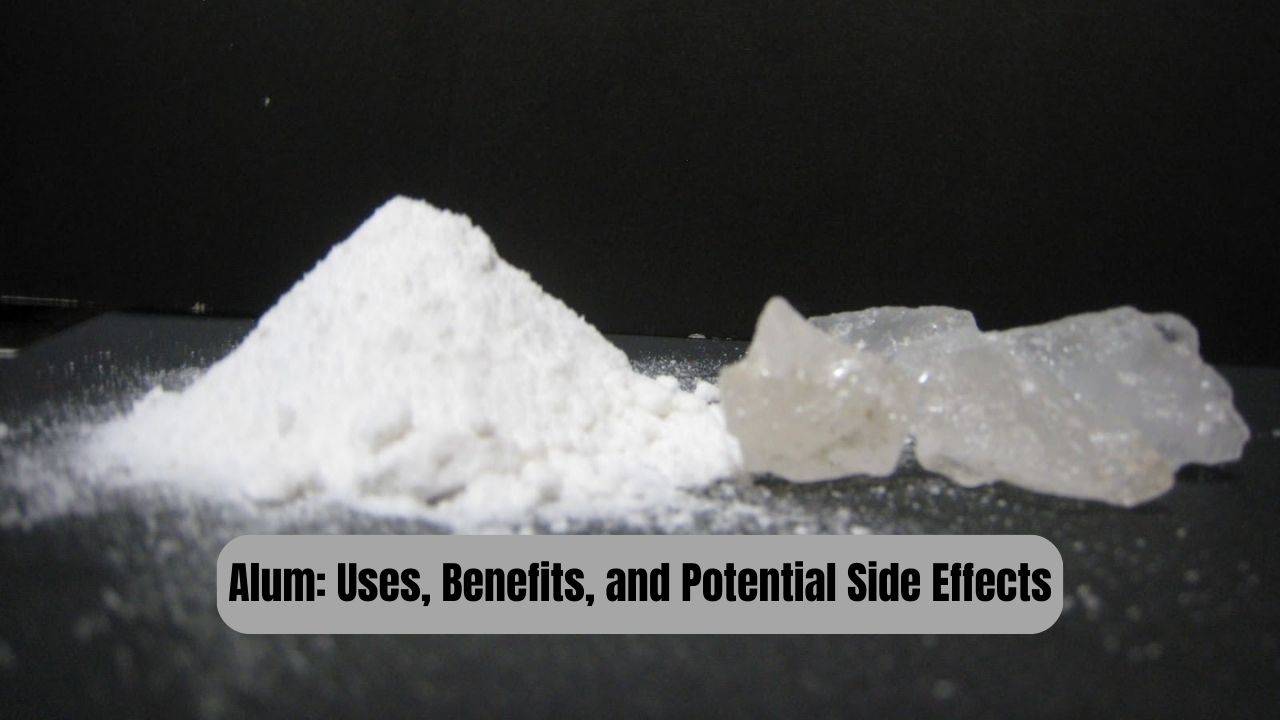
Alum, also known as 'phitkari' in India, is a versatile mineral with a long history of usage in various applications, particularly in traditional medicine and as a household item.
Uses of Alum
-
Traditional Medicine: In India, alum has been an integral part of traditional medicine for centuries. It is used to treat various health issues and ailments, such as canker sores, mouth ulcers, and sore throat. Alum is believed to have astringent and antiseptic properties, which help in reducing inflammation and promote healing.
-
Water Purification: Alum is widely used as a water purifying agent. It acts as a coagulant, helping to remove impurities and particles from water. It's an affordable and effective way to make drinking water safer by settling suspended particles and pathogens.
-
Skincare: Alum is used in many skincare products in India, especially in aftershaves and antiperspirants. Its astringent properties help to tighten the skin and reduce perspiration, making it a common choice for personal hygiene.
-
Cooking: Alum is sometimes used in pickling to maintain the crispness of vegetables and fruits. However, it should be used sparingly, as excessive consumption of alum can be harmful.
Benefits of Alum
-
Affordable Water Treatment: The use of alum for water purification is particularly beneficial in rural areas where access to clean drinking water is limited. It is an affordable and efficient method that can help reduce waterborne diseases.
-
Traditional Healing: In traditional Indian medicine (Ayurveda and Siddha), alum is considered a valuable remedy for various oral issues. It helps in reducing inflammation, speeding up the healing process, and providing relief from discomfort.
-
Personal Hygiene: Alum-based products like aftershave and antiperspirants are widely used for their ability to reduce sweat and keep the skin fresh. Many people find these products effective and economical.
Alum: Side Effects and Precautions
While alum has numerous benefits, it should be used with caution due to potential side effects:
-
Excessive Use: Consuming or applying too much alum can lead to adverse effects such as skin irritation, allergies, and gastrointestinal issues. It's crucial to use alum in moderation.
-
Not for Drinking: Alum should be used solely for water purification, not as a food additive. Ingesting alum in large quantities can lead to health problems like constipation and kidney issues.
-
Allergies: Some individuals may be allergic to alum. Before using any alum-based product on your skin, it's advisable to perform a patch test to check for any adverse reactions.
Alum, a traditional household item offers several benefits, particularly in healthcare, water treatment, and personal hygiene. When used mindfully and in appropriate quantities, alum can be a valuable resource for various applications. However, it's crucial to exercise caution and follow recommended guidelines to avoid potential side effects. Alum continues to play a significant role in everyday life, providing solutions to various challenges and needs.
















